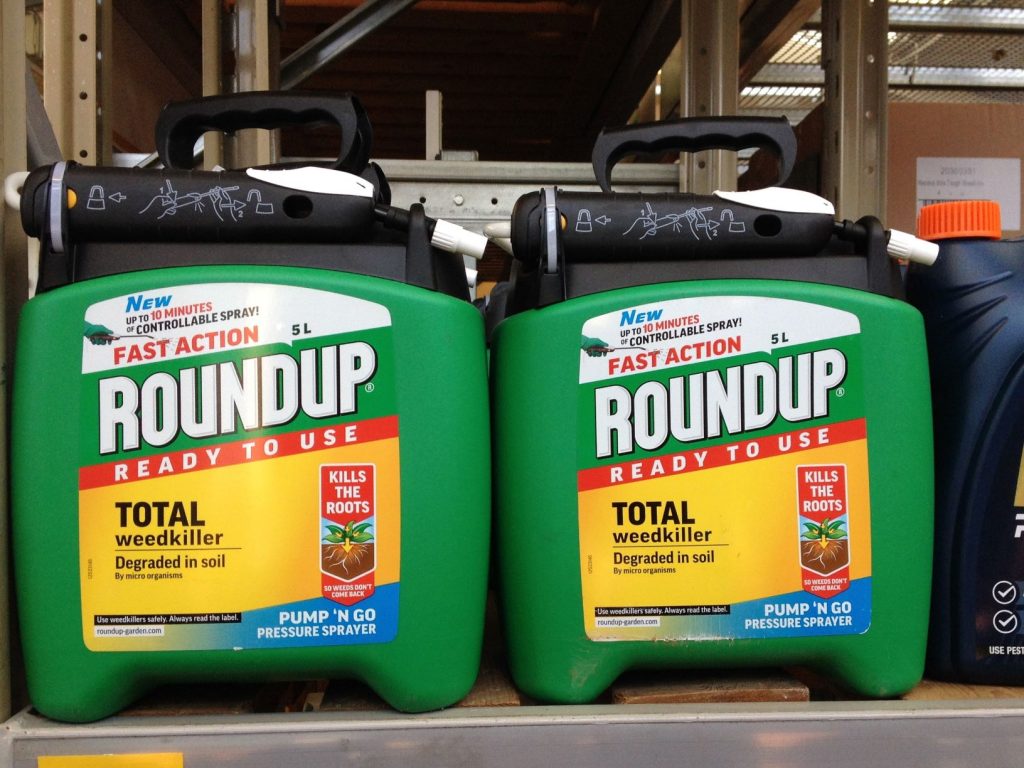
In 2016 the German chemical company Bayer acquired Monsanto – one of the largest global producers of agricultural chemicals – in a $60 Billion take over. The deal gave Bayer access to the US market with an expanded product range, including ROUNDUP – a glyphosate-based herbicide, – developed by Monsanto.
By 2019 Bayer were facing a growing number of product liability claims, from people arguing that their cancers, in particular Non-Hodgkin Lymphoma (NHL), had been caused by their exposure to ROUNDUP – as discussed in my previous article,
The claims being made were particularly serious, because:-
- It was alleged that Monsanto’s negligence was wilful and deliberate – allowing claimants to seek punitive damages – designed to punish and deter such reckless behaviour.
- The first successful claims, in 2019, made Bayer an attractive target for other lawyers working on a no-win-no-fee basis, with many potential claimants who had been exposed to ROUNDUP
It has now been reported that Bayer have reached a negotiated settlement with lawyers representing 125,000 claims about ROUNDUP and and it’s link to cancer.
According to Werner Bauman, Bayer’s Chief Executive:-
“First and foremost, the Roundup™ settlement is the right action at the right time for Bayer to bring a long period of uncertainty to an end, It resolves most current claims and puts in place a clear mechanism to manage risks of potential future litigation. It is financially reasonable when viewed against the significant financial risks of continued, multi-year litigation and the related impacts to our reputation and to our business. The decision to resolve the Roundup™ litigation enables us to focus fully on the critical supply of healthcare and food. It will also return the conversation about the safety and utility of glyphosate-based herbicides to the scientific and regulatory arena and to the full body of science.”
From albawaba
The settlement may mitigate the damage to Bayer reputation caused by prolonged legal arguments – and hopefully get compensation to those who have suffered before they die.
So Bayer have agreed that:-
- The three cases that have already been decided against Bayer, and are subject to appeal will be ‘decided by the Courts’ in order to establish a precedent and provide legal guidance for the future
- Bayer will pay $8.8 billion – $9.6 Billion to settle approximately 125,000 current claims, without admission of liability or wrong doing.
- A further $1.25 billion will be made available to resolve future litigation
- In addition, Bayer will provide funding of $1.25 billion for a independent Science Panel tasked with determining if exposure to ROUNDUP does in fact increase the risk of Non-Hodgkin Lymphoma.
- All parties will be bound to accept the Science Panel’s findings which will be published by Bayer on their website when available.
It is difficult to estimate the total cost of the settlement, but based on the published information the costs will exceed $13 billion – but Bayer’s share price, that had slumped by 50% as investor confidence evaporated, may now start to recover.
The Bayer – Monsanto merger shows how important is to consider Product Liability Risks when valuing an acquisition – and that must include an assessment of the management culture and their risk management systems. For Bayer’s senior management team, underestimating those risks has proved to be a ‘near death experience’ and a disaster for Bayer – and their reputation.
To learn more…
To learn more about Product Liability and risk management please contact Phil Stunell or subscribe to our newsletter to receive updates.
